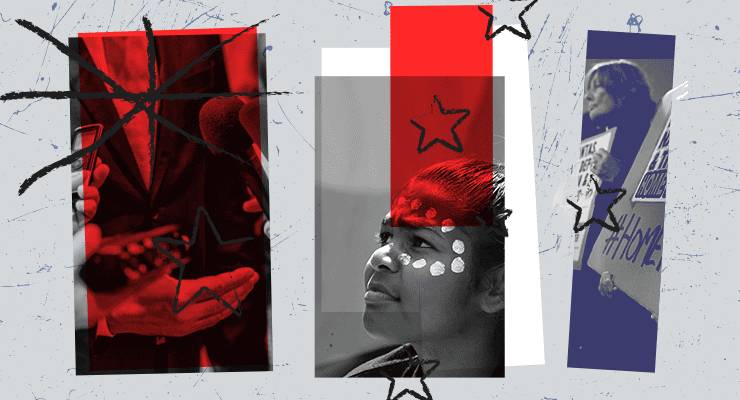
This is part nine in a series. For the full series, go here.
One of the few — very few — transparency tools we have at Commonwealth level is the lobbyist register, on which third-party lobbyists must register if they’re to be able to meet government officials, including ministers, staffers and public servants.
The Australian‘s Paul Garvey has a nice little story about a change to the code of conduct under which lobbyists breaching the rules could be, in effect, suspended for three months rather than permanently deregistered.
Whether prompted by former foreign affairs minister Julie Bishop’s work for failed finance firm Greensill or not, in terms of regulatory theory it’s a sensible move — having all-or-nothing penalties tends to mean breaches aren’t punished because few are deemed to warrant a draconian sanction. Being suspended for a lesser breach will become available in addition to full deregistration for the worst breaches.
It also serves to draw attention to a primary failing of the lobbyist register, apart from being limited to third-party lobbyists. And that is the complete lack of sanctions for any minister, staffer or public servant who meets with a lobbyist in breach of the lobbying code of conduct. The sanctions all fall on the lobbyist — except that the most likely breach is meeting someone who isn’t registered.
That means a minister could meet a lobbyist who isn’t registered and the only sanction will be… the lobbyist not being registered. There are no sanctions spelled out in the ministerial code of conduct for meeting unregistered lobbyists. More to the point, there is no guidance about when, exactly, you might have that meeting. What about at party fundraisers? What about at social events? Can you meet an unregistered lobbyist in those circumstances without breach?
The NSW ICAC has a solution for such problems. Earlier this year it recommended that the NSW lobbyist register, which is similar to the Commonwealth’s, be overhauled. It wanted the NSW register expanded to all lobbyists, not just third-party ones, to include all details of meetings with officials and to impose obligations on officials, not just lobbyists — they would be required to adhere to rules around who they can meet, what information they can divulge, what information they need to provide about each meeting — including at fundraisers.
It also wants to impose “an expectation that a public official makes all reasonable efforts to seek the views of all parties whose interests are likely to be affected by the adoption of a lobbying proposal”, and it proposed an enhanced role for a “lobbying regulator” to police the requirements.
But even having an ICAC would be a good start for the Morrison government.
Do you think stronger rules are needed for lobbyists? Let us know your thoughts by writing to letters@crikey.com.au. Please include your full name if you would like to be considered for publication in Crikey’s Your Say column. We reserve the right to edit for length and clarity.








Crikey is committed to hosting lively discussions. Help us keep the conversation useful, interesting and welcoming. We aim to publish comments quickly in the interest of promoting robust conversation, but we’re a small team and we deploy filters to protect against legal risk. Occasionally your comment may be held up while we review, but we’re working as fast as we can to keep the conversation rolling.
The Crikey comment section is members-only content. Please subscribe to leave a comment.
The Crikey comment section is members-only content. Please login to leave a comment.